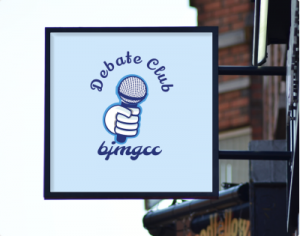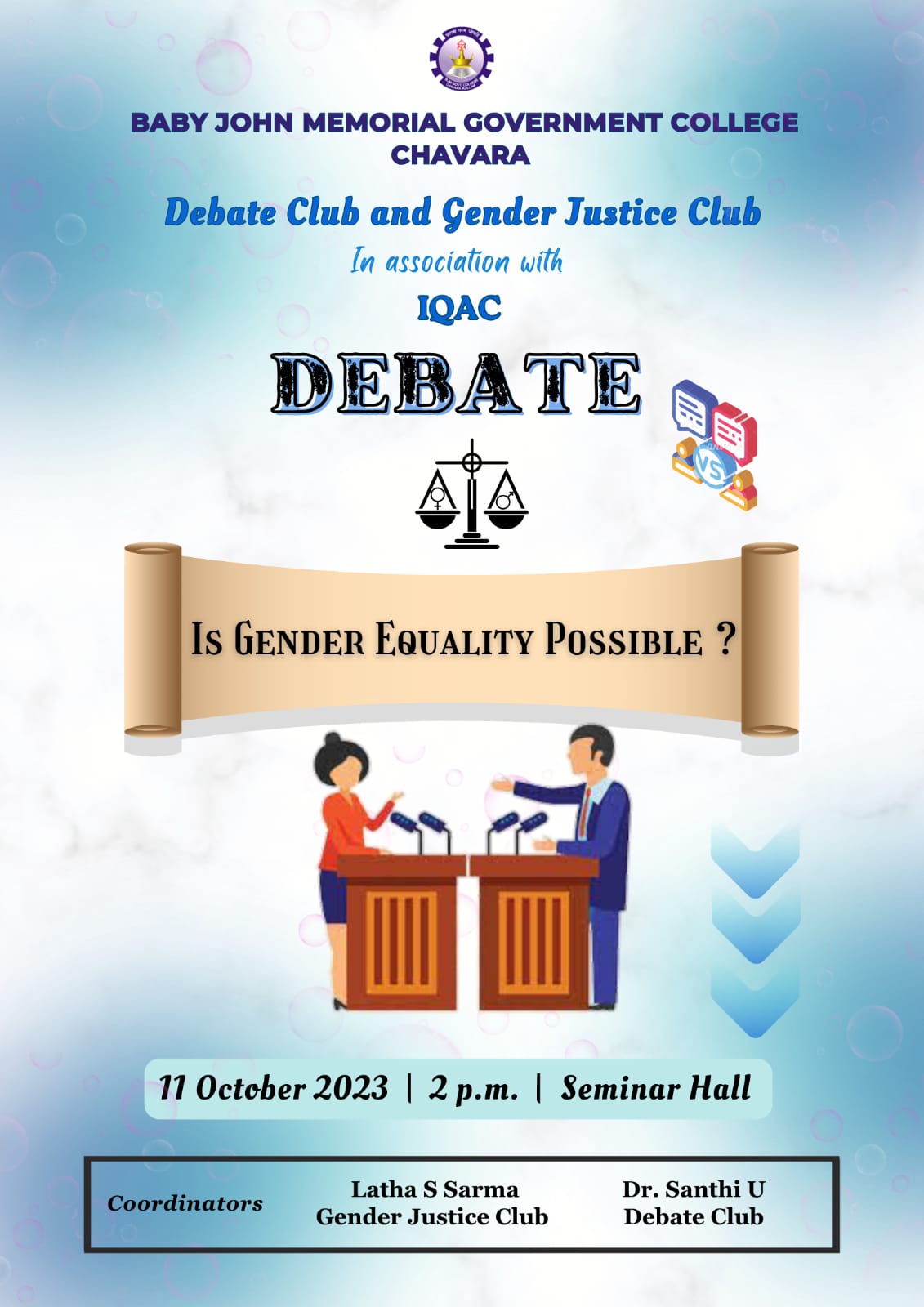 |
Debate enables students to express their views effectively and to respond cogently to arguments with which they disagree. In addition, debate students are often the most well-read and well informed in their grade level. In debate, the preparation and delivery of argument provides students with the opportunity to think critically, develop their academic research skills, improve their communication abilities, solve problems creatively and increase their self-confidence.
Many studies show marked improvement in a wide variety of academic skills as a result of participation in competitive debate. Debate students excel in written and oral communication, and greatly improve their reading comprehension. Students become comfortable with new concepts and unfamiliar language, and gain access to a wide array of new information such as college-level philosophy, history, public policy and current events. Perhaps most importantly, debaters become self-directed learners, allowing them to take control of their education experience and continue to learn throughout their lives. This makes competitive debate a particularly affective vehicle for gifted and talented education. Debate requires students to engage serious subject matter in a mature and professional environment. Debate students show more maturity in the face of adversity and tend to develop stronger relationships with peers and mentors than the average student. Debate teaches students to recognize how others think, which improves their ability to cooperate and resolve conflicts. This makes debate one of the most successful vehicles for providing affective education to at-risk students. Ultimately, debate increases students’ self-confidence by helping to teach them the skills necessary to become competent adults. All of these skills ultimately lead debate students to notable academic achievement.
What are our visions?
- To enable to deliver effective speech in public
- To enable to think critically
- To improve researching ability
- To build up confidence
- To build up strong relationship among the members
- To use better time management
- To improve English Proficiency
- To encourage silent members to talk more (Note yet to complete!)
Debate Club Structure
Co-Ordinator
Assistant Professor
Department of English


